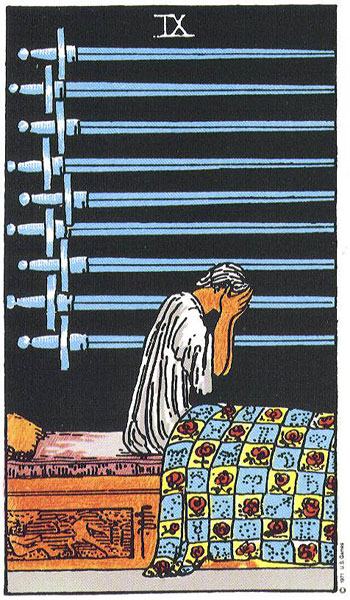In some ways it’s hard to believe that three years have passed since Pre-Schooler N came into our lives. The day still seems very fresh in my mind: three women and one squalling 13-month-old entering the house, and my once-placid surroundings forever changed. My first impression of (then) Baby N was of this wide-eyed, crying infant, dressed in too-small clothes and smelling a bit like McDonald’s french fries.

I asked to hold him and was relieved how quickly he relaxed in my arms. Fortunately for all of us, his previous foster parents had a large family and extended support system, so Baby N was accustomed to being cared for by several people. He kept up the intermittent crying spells but seemed curious and a little anxious at his new surroundings. My heart went out to him, not in small part because I knew that his residency in our house was still somewhat in question. Professor D was sick with a cold and swamped at work, and we’d had no time to prepare for a baby’s arrival — no crib, no food, no nothing. Unless this kid was prepared to survive on low-fat granola and Thai curry, he was going to be awfully hungry.

It had been a long route to get to this point. We’d once toyed with the idea of adopting a child, but I had concerns that my own childhood, fraught with abuse and homophobia, would possibly manifest if I took on the role of parent. That thought terrified me. But then Baby E came into our lives, and everything changed.
Baby E was the child of two friends who were struggling as their marriage collapsed. Both were in turmoil, so Baby E spent a lot of time at our house sleeping, eating and playing. It was a revelation. I felt such love for this child and was floored at how his unconditional love of us made me feel . . . healed somehow, I suppose . . . from my own childhood.
After the couple’s separation, Baby E and his mother moved in with us, and we all came together as an alternative family, co-parenting this wonderful child in our home. And it was great, really great, for a few months. But then it became clear that Baby E’s mom was an addict and struggling with her own emotional issues. What started as a caring, involved family unit had evolved to us trapped in our bedroom on the third floor, listening to this woman rage at her weeping child for hours on end.

It was a nightmare.
In some ways, our banishment within our own home was understandable: Baby E preferred being with us to his unstable mother, which only added to her mania and addiction. So she asked us to stay in our room while he was awake, and we complied. One day, now-Toddler E asked me why I didn’t play with him anymore, and if I was still his friend. I was at a loss for words. I told him I loved him forever and hugged him.
That night I talked to his mother about it, expressing my concern that he was feeling rejected and that we were feeling like prisoners in our own home. She went manic, saying she would move out if it was going to be a problem. Much to her shock, I think, we agreed. She moved out a month later, and we saw Toddler E only once after that. She excised him from our life utterly — a story all too common with other queer families and individuals who are brought into a child’s life only to be discarded without rights or recourse.
As traumatized as this experience left us, we knew that we wanted to be parents. And now we knew that we could do it without turning into the frothing maniac we had lived with for two years. So we went to Social Services and started the long process of becoming parents.
(Continued next week, where we become foster parents to Baby N.)
 Why you can trust Xtra
Why you can trust Xtra


